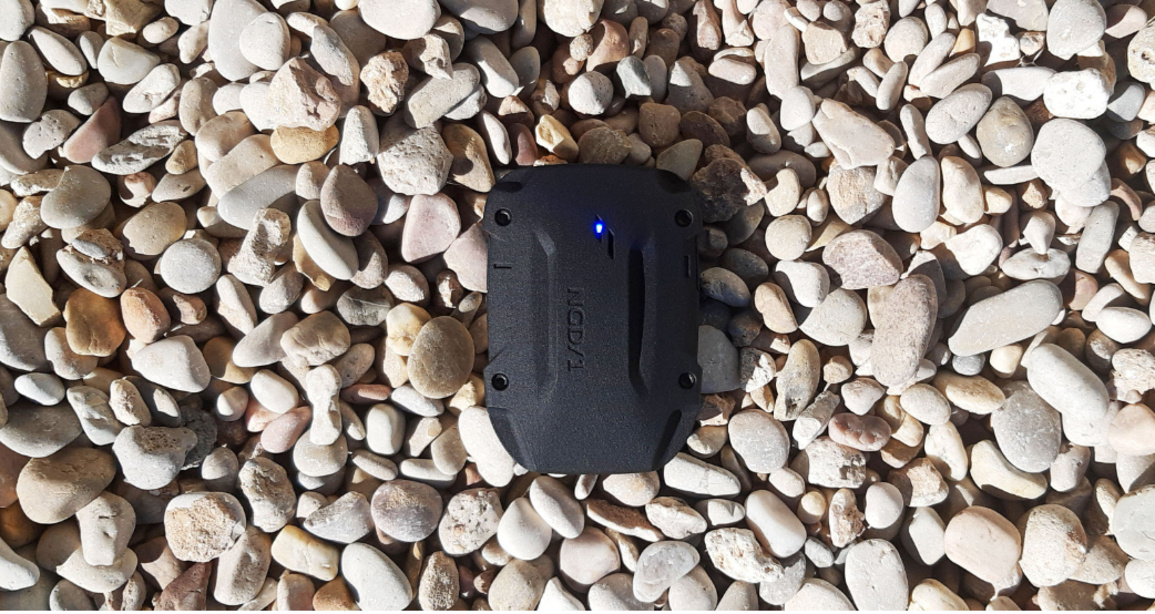
The response time to an accident suffered in remote areas is essential and, however, little can be done if the affected person cannot report it because they lack the necessary connectivity. Within the multiple opportunities offered by satellite connectivity in the field of IoT technology, HISPASAT presents as a new innovation project at this Mobile World Congress the use of wearable devices to keep people in remote areas without terrestrial connectivity monitored at all times. , whether they are hikers or infrastructure workers linked to energy, mining or construction, among others.
Through our collaboration with Engidi, a device manufacturer that participates in the Elewit venture-client program, we are able to continuously transmit information in real time about your physical activity, positioning, temperature or even detect possible falls and send requests for help in the event of an accident, which can be of great importance in areas such as high mountain rescues or risky work in complicated terrain. And all this through a sensor smaller than a mobile phone.
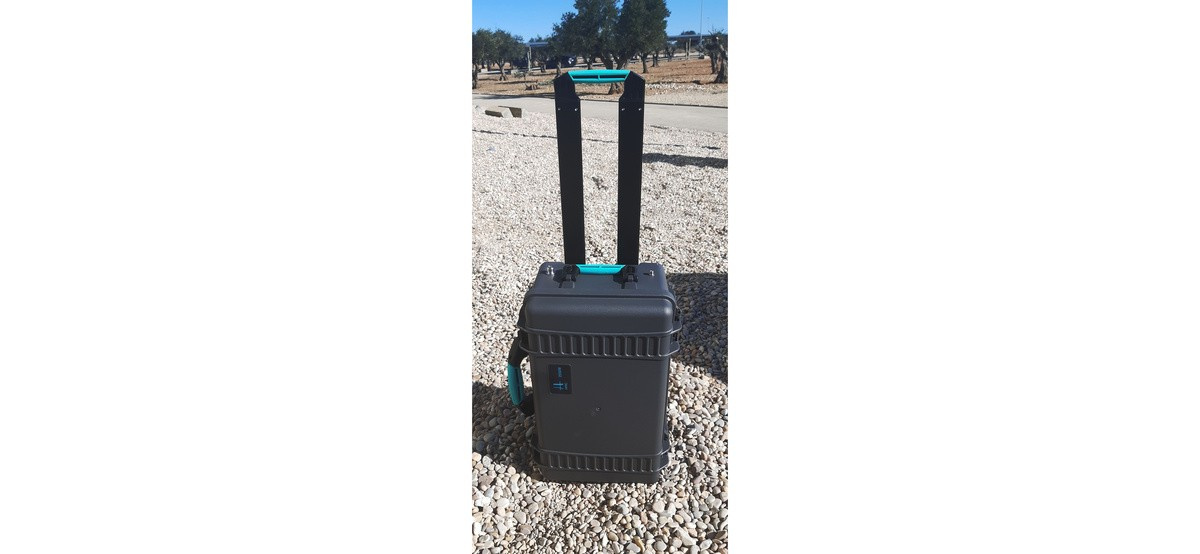
Endigi LoRa Gateway used in tests with Hispasat.
A few weeks ago we successfully integrated Engidi's IoT systems with our satellite technology in the satellite control center in Arganda del Rey. During this work we were able to see how the sensors are connected through a LoRa network that can cover around ten kilometers and whose information is collected through a small gateway. Furthermore, the satellite connection that transmits all this information can be established through a fixed terminal that could be powered by a solar panel or with a self-pointing terminal for mobility environments installed in an emergency vehicle to create connectivity bubbles. In this case, the teams sent to a remote area to carry out a risky task can be monitored at all times thanks to said bubble.
After these technical validations, field tests remain to be carried out. For this reason, we are going to work in the coming weeks with the Red Cross to verify first-hand the performance of this IoT application with which the response time in an emergency situation could be improved in an efficient and simple way, providing more security in environments. as demanding as the mountains of the Canary archipelago.

Two years later, we return to the Mobile World Congress with a wide range of new developments in the field of satellite connectivity for remote and mobile environments that you can discover at our stand 7C50, located in hall 7.
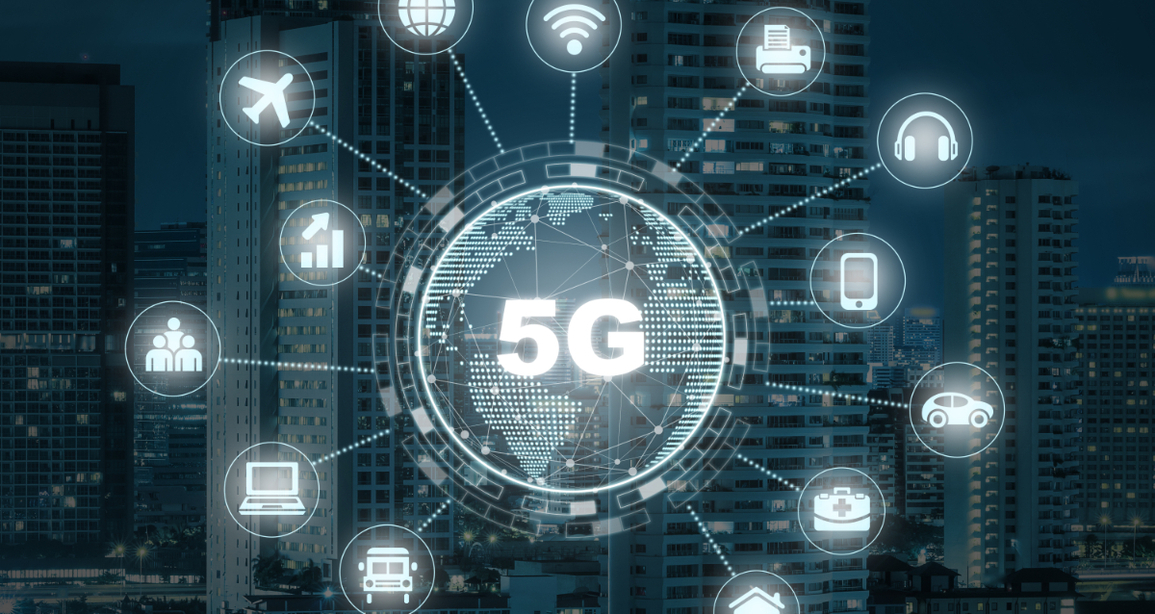
13 abril 2022
HISPASAT, in its search for global connectivity, is developing 5G Edge Computing services interconnected by satellite that will favor a significant improvement in the user experience and significant savings for the operator who will not have to continuously transmit data to the Cloud .

Two years later, we return to the Mobile World Congress with a wide range of new developments in the field of satellite connectivity for remote and mobile environments that you can discover at our stand 7C50, located in hall 7.
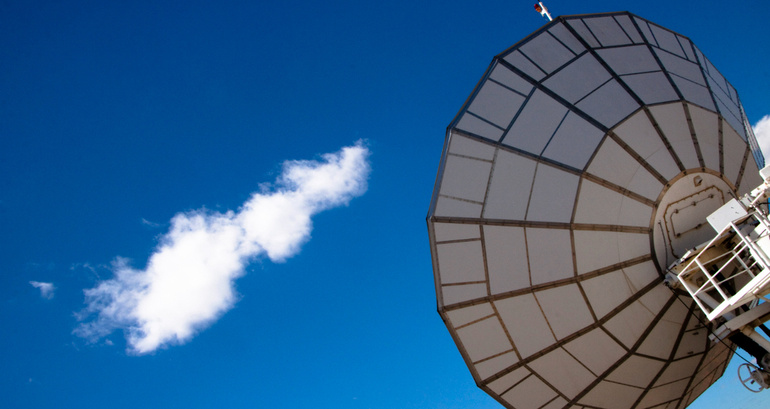
This 2021 that is now ending, marked by the pandemic and the measures aimed at reducing its impact, has been for HISPASAT a year full of good news and initiatives of great importance for promoting connectivity in Spain and the American continent.
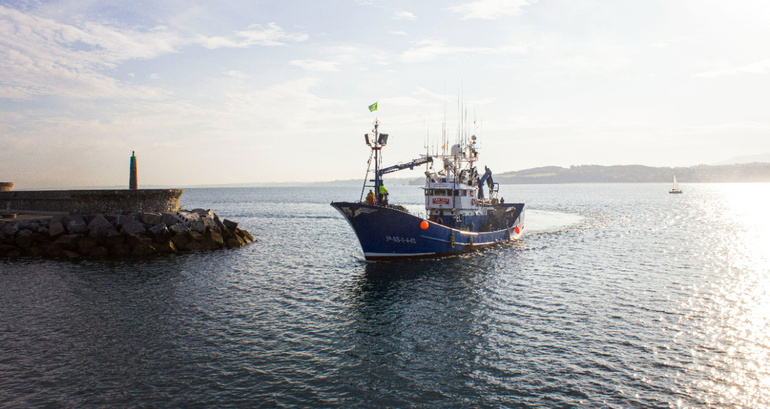
The Smart Boat pilot project by Redeia and Nexmachina has deployed IoT sensors on a Hondarribia boat to monitor the safety of its crew and improve its fishing activity.